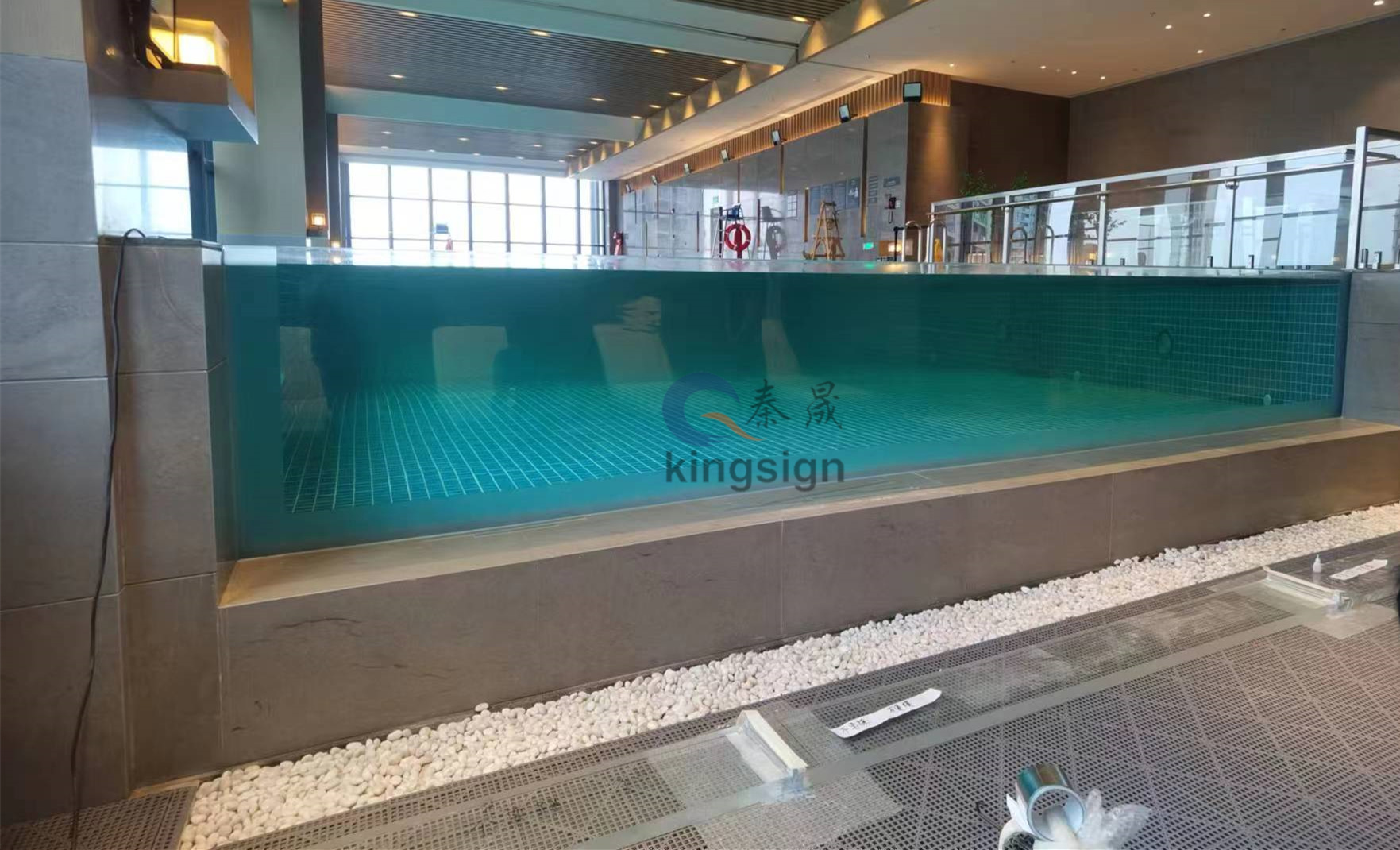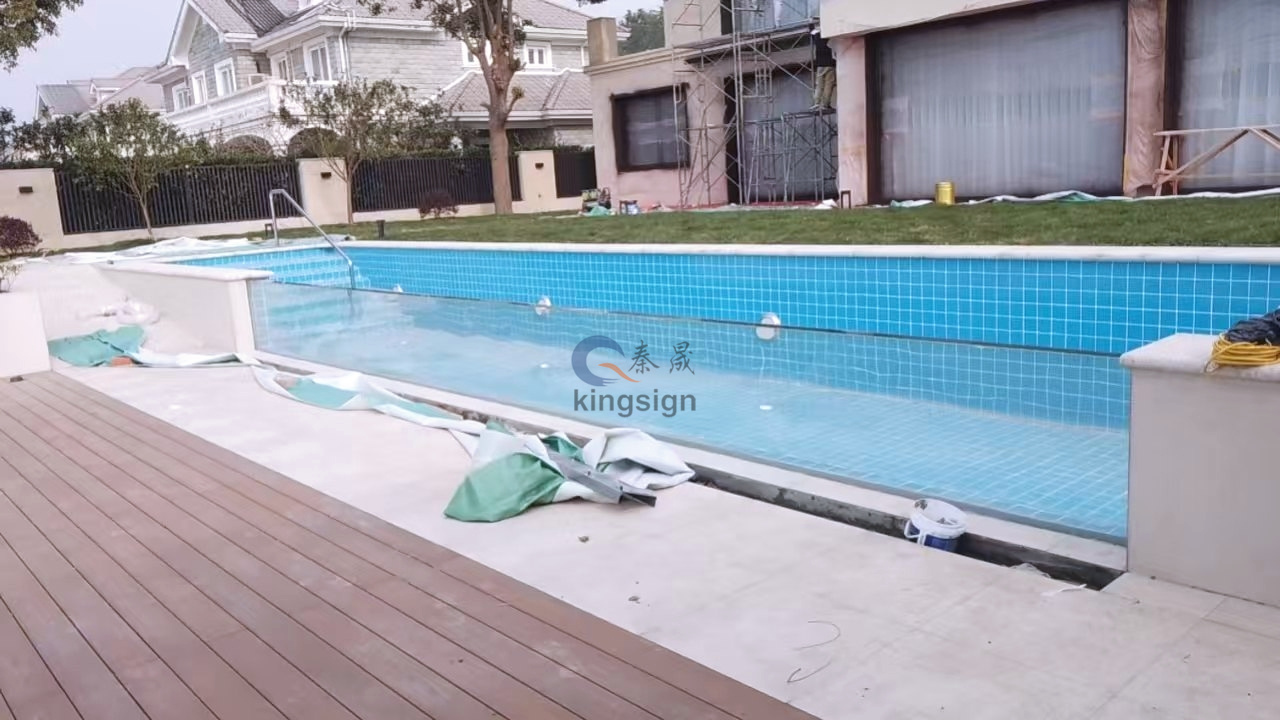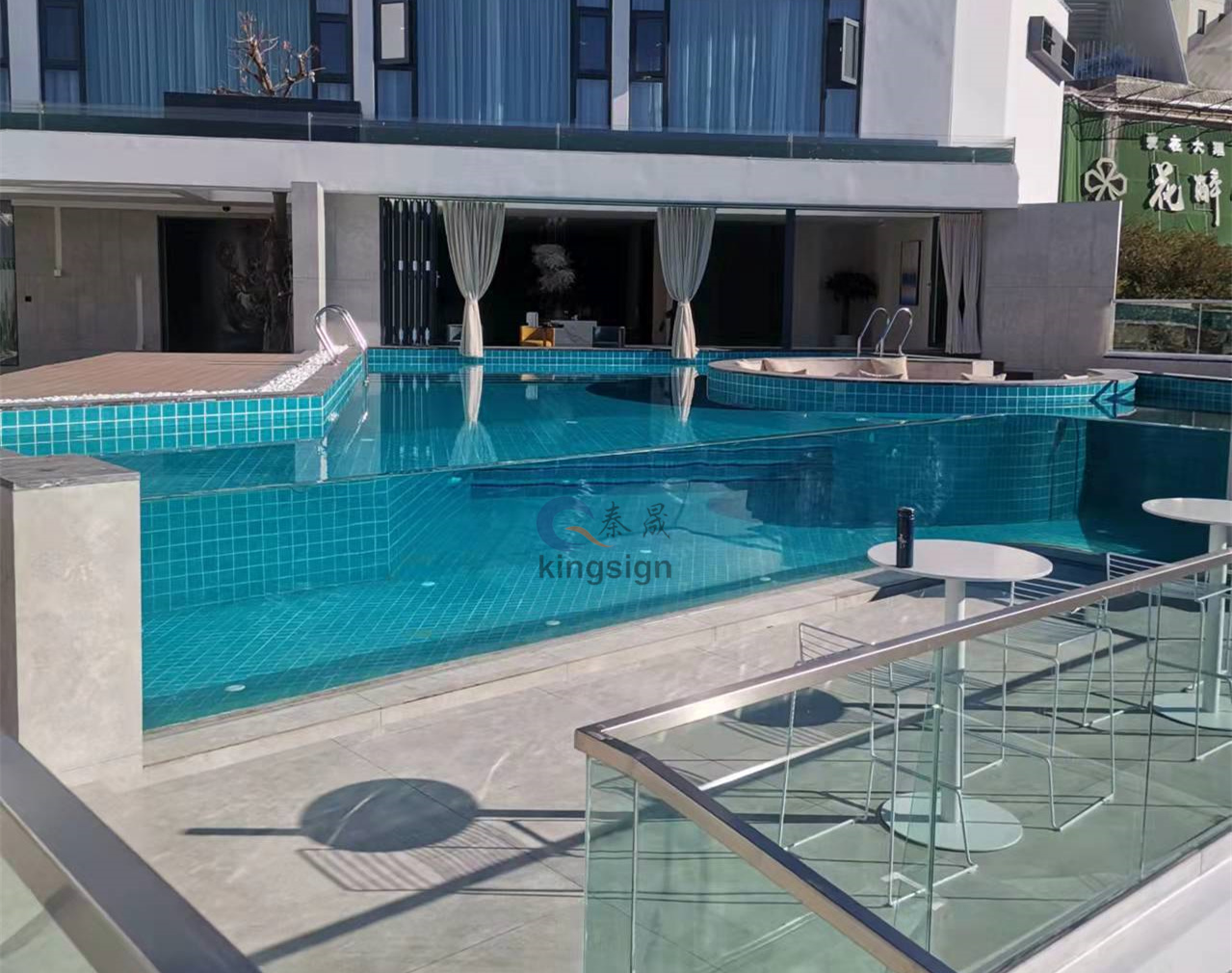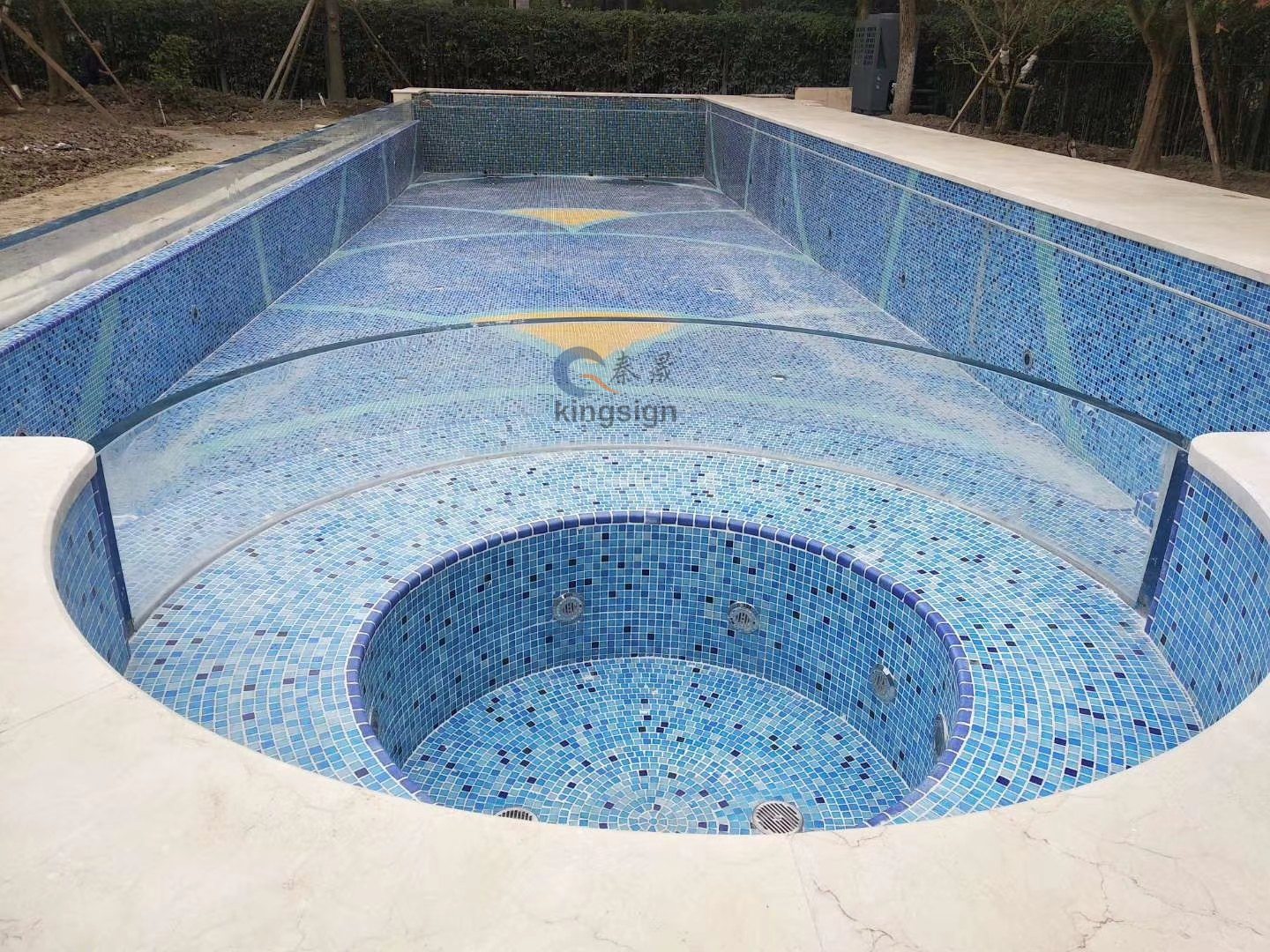
- English
- Español
- Português
- русский
- Français
- 日本語
- Deutsch
- tiếng Việt
- Italiano
- Nederlands
- ภาษาไทย
- Polski
- 한국어
- Svenska
- magyar
- Malay
- বাংলা ভাষার
- Dansk
- Suomi
- हिन्दी
- Pilipino
- Türkçe
- Gaeilge
- العربية
- Indonesia
- Norsk
- تمل
- český
- ελληνικά
- український
- Javanese
- فارسی
- தமிழ்
- తెలుగు
- नेपाली
- Burmese
- български
- ລາວ
- Latine
- Қазақша
- Euskal
- Azərbaycan
- Slovenský jazyk
- Македонски
- Lietuvos
- Eesti Keel
- Română
- Slovenski
- मराठी
- Srpski језик
How to Clear And Maintain Acrylic Swimming Pool Window
Acrylic sheets are popular for swimming pool windows due to their high light transmission and impact resistance. However, prolonged exposure to water, sunlight, and chemicals (chlorine, bromine) can cause surface buildup of scale, mineral deposits, algae, oils, and chemical residues, leading to yellowing, hazing, and reduced clarity.
Core Principles:
1. Gentleness First: Acrylic is softer than glass and scratches easily. Never use abrasives (scouring powder, rough sponges, steel wool), strong acids (hydrochloric acid, toilet cleaners), or strong alkalis (heavy-duty descalers, caustic soda).
2. Prevent Static Dust Attraction: Acrylic attracts dust via static. Post-cleaning moisture or anti-static agents help reduce adhesion.
3. Regular Maintenance: Frequent cleaning prevents severe buildup and is safer/more effective.
4. Water Quality Control: Stable pool chemistry (pH, hardness, sanitizer levels) is fundamental to minimizing deposits.
5. Avoid Heat/Impact: Don’t use hot water (>40°C/104°F) or subject surfaces to mechanical shock.
Cleaning Methods & Steps:
Routine/Mild Cleaning
1. Rinse: Flush surfaces weekly (or post-refill) with copious clean water (preferably soft water) to remove loose debris.
2. Soft Cloth/Sponge Wiping:
- Use microfiber cloths, soft sponges, or absorbent cotton wool.
- Solution: Mild neutral detergent (e.g., diluted dish soap, dedicated acrylic cleaner) mixed with lukewarm water (<40°C).
- Soak cloth/sponge (do not spray directly onto acrylic). Wipe gently in straight lines (not circles) to avoid micro-scratches.
3. Thorough Rinsing: Rinse immediately with abundant clean water to remove all detergent residue.
4. Drying: Blot with a lint-free microfiber cloth or use a soft rubber squeegee. Air-dry away from direct sun.
Removing Moderate Stains (Scale/Mineral Deposits)
1. White Vinegar Solution (Preferred):
- Mix white vinegar (5% acetic acid) and warm water 1:1.
- Apply with soft cloth/sponge to stained area. Wait 1–2 mins (do not let dry).
- Wipe gently. Rinse thoroughly with water immediately.
- Caution: Avoid prolonged contact or use on severely yellowed/hazed acrylic.
2. Dedicated Acrylic Cleaners:
- Use products designed for acrylic (PMMA) aquariums/pool windows.
- Strictly follow instructions (dilution, rinsing).
Severe Stains/Algae/Stubborn Scale/Slight Yellowing
1. Professional Acrylic Polish Kits:
- Use kits with graded polishing compounds and soft pads.
- Start with finest polish; use low-speed polisher (extreme care needed to avoid overheating).
- Test in inconspicuous area first or hire professionals—improper use causes irreversible damage.
2. Professional Services: For major issues, contact specialized acrylic maintenance companies.
Proactive Maintenance
1. Water Chemistry Management:
- Maintain pH (7.2–7.8), total alkalinity, and calcium hardness.
- Use scale inhibitors/water conditioners.
- Avoid excessive sanitizer levels.
2. Regular Rinsing: Flush surfaces frequently with water.
3. Protective Coatings (Optional):
- Apply acrylic sealants/anti-fog coatings post-cleaning (follow manufacturer guidelines).
4. UV Protection:
- Install UV-stabilized ("outdoor-grade") acrylic.
- Provide physical shading for windows.
5. Avoid Solvents/Harsh Chemicals: Keep acetone, thinners, gasoline away from acrylic.
6. Handle with Care: Prevent scratches from hard/sharp objects.
Absolute Prohibitions:
1. Abrasives: Steel wool, coarse scrubbers, scouring powders.2. Strong Acids/Alkalis: Hydrochloric acid, caustic soda.
3. Aggressive Solvents: Acetone, paint thinner, high-concentration IPA.
4. Dry Wiping: Always pre-rinse.
5. High Heat: >60°C water or steam cleaning.
6. Scraping with sharp tools.
Summary:
Preserve acrylic clarity through gentleness, regularity, and prevention. Routine rinsing and neutral detergent cleaning are foundational. For scale, use diluted vinegar or specialized cleaners—always rinse thoroughly. Seek professional help for deep stains/polishing. Optimal water chemistry is the ultimate defense against buildup.









